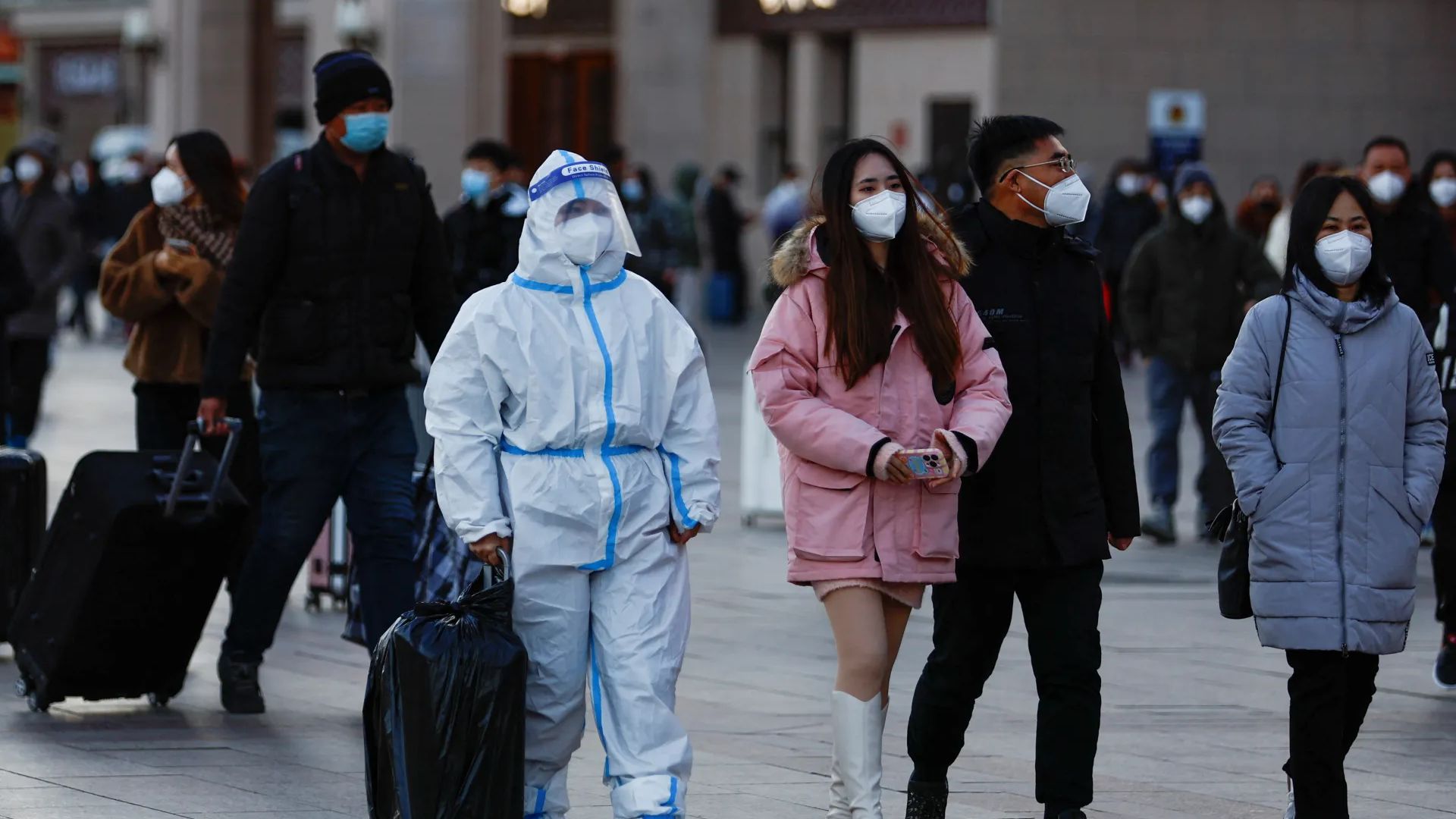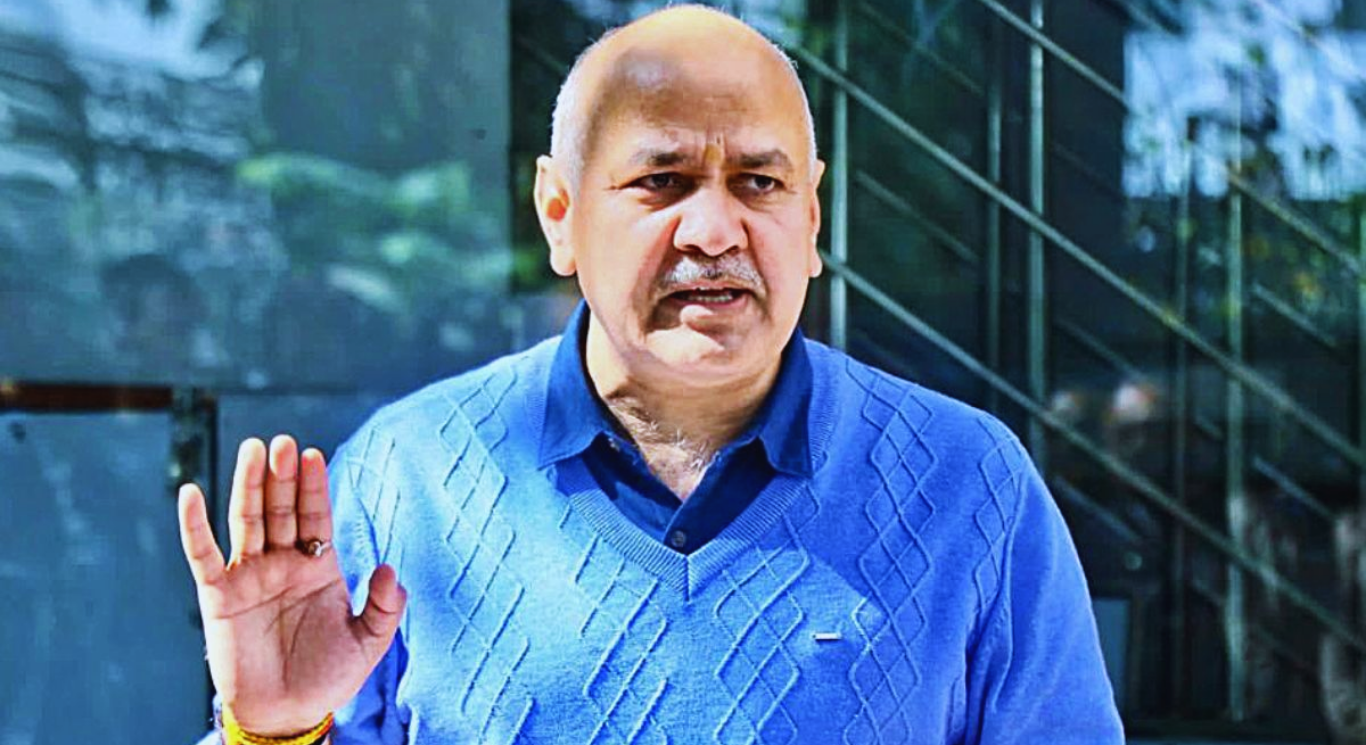










As the Spring Festival approaches, China’s National Health Commission (NHC) has raised concerns about a slight increase in COVID-19 cases, signaling a potential rise in the epidemic. Despite the current low level of the COVID-19 epidemic in the country, recent surveillance data points to inter-regional movement and growing crowd gatherings as contributing factors.
Chen Cao, a researcher at the Institute of Viral Diseases of the Chinese Center for Disease Control and Prevention (China CDC), revealed that the JN.1 variant of the COVID-19 virus has become the dominant strain in local cases, particularly in mild infections. The NHC anticipates a rise in COVID-19 cases due to increased movement of people during the Spring Festival.
While influenza cases have been on a downward trend, it remains a significant respiratory pathogen. The NHC reported that other respiratory diseases are currently at a low level. However, the overall situation of acute respiratory diseases in China witnessed a drop for two consecutive weeks after reaching a peak in early December 2023, only to fluctuate at a high level and drop again in the past three weeks.
NHC spokesperson Mi Feng attributed the current situation to travel before the Spring Festival and the surge in domestic North-South cross tourism and overseas sightseeing tours. Mass movements and gatherings during this period increase the risk of respiratory disease spread, and health authorities expect respiratory diseases to remain at a certain epidemic level before and after the festival.
Dr. Li Tongzeng, chief physician of the infection department at Beijing You’an Hospital, cautioned about the potential increase in COVID-19 cases among the elderly during the festival. Influenza B cases remain prevalent, with COVID-19 ranking second. Li emphasized the importance of looking after elderly relatives and advised against visits if experiencing symptoms like fever, cough, or sore throat.
The NHC announced special preparations for epidemic prevention and control work during the Spring Festival. Health authorities instructed regions to strengthen duty, maintain emergency preparedness, and coordinate the deployment of medical resources and professional forces. Localities were urged to ensure the “120” emergency hotline operates 24/7, and medical institutions should be fully open, equipped with fever clinics, consulting rooms, and ample medical personnel.
As China grapples with the evolving situation, the NHC underscores the significance of protecting vulnerable groups, including the elderly, children, pregnant women, and those with chronic basic diseases. The focus remains on addressing the needs of individuals requiring medical treatment and emergency care as the nation navigates through the challenges posed by the ongoing pandemic.









